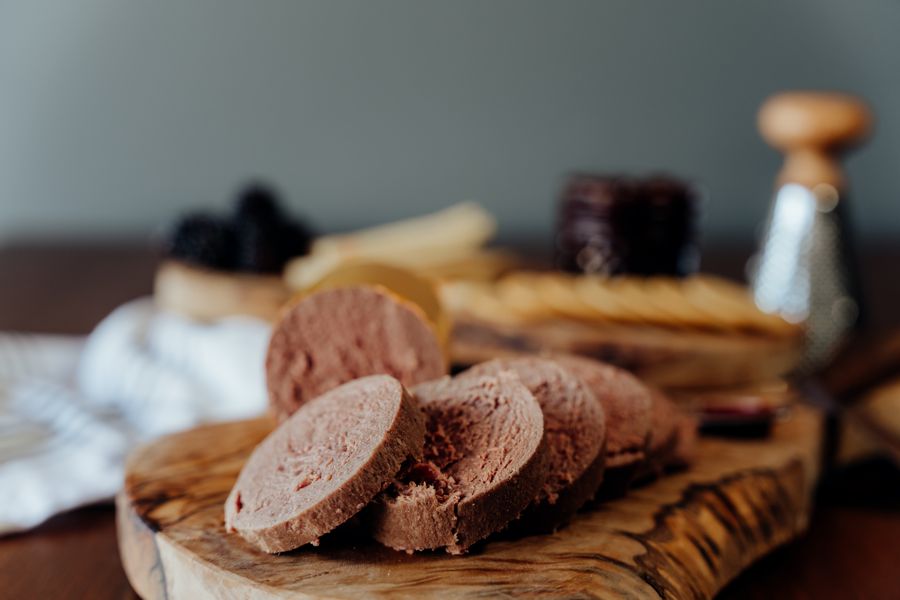
Nutritional Optic Neuropathy Caused by Copper Deficiency After Bariatric Surgery - PubMed
A 47-year-old woman developed severe bilateral visual loss 4 years after a Roux-en-Y gastric bypass and 24 years after vertical banded gastroplasty. Her serum copper level was 35 μg/dL (normal, 80-155 μg/dL). She was prescribed elemental copper tablets. Because her methylmalonic acid was...
A 47-year-old woman developed severe bilateral visual loss 4 years after a Roux-en-Y gastric bypass and 24 years after vertical banded gastroplasty. Her serum copper level was 35 μg/dL (normal, 80-155 μg/dL). She was prescribed elemental copper tablets. Because her methylmalonic acid was slightly elevated, she received vitamin B12 injections as well.
Five weeks later, she reported that her vision had improved and, at 10 months, her vision had recovered from 20/400 bilaterally to 20/25 in each eye. This case highlights the importance of checking copper levels in addition to the "more routine" vitamin levels, such as B1, B6, B12, E, and serum folate in patients with suspected nutritional optic neuropathy after bariatric surgery, particularly if it involved a bypass procedure.
Copper deficiency in rats leads to pathologic features consistent with demyelination in the optic nerves. The pathologic finding of subacute myelooptic neuropathy has been described as symmetric demyelination of lateral and posterior columns in the spinal cord, optic nerve, and peripheral nerves
Copper deficiency is very common studies have it @ 30% - 60% of populations not hitting 0.9mg. and for those that do 0.9mg can be too low, likely at ~50% for well nourished levels. at ~1mg heart issues start to develop, low copper is probably a leading reason behind PVCs (premature ventricular contractions / ectopic beats). maybe heart disease generally. when rats get copper replenished their enlarged hearts / cardiac hypertrophy goes back to normal by 20 days. anemia/iron deficiency. & vision, alzheimers , slow repair/chronic wounds , poor immunity, lower limb weakness / numbness / tingling / function, white hair, menopause bone loss, myelin problems etc might be improved by bringing copper up to balance
Last edited:

